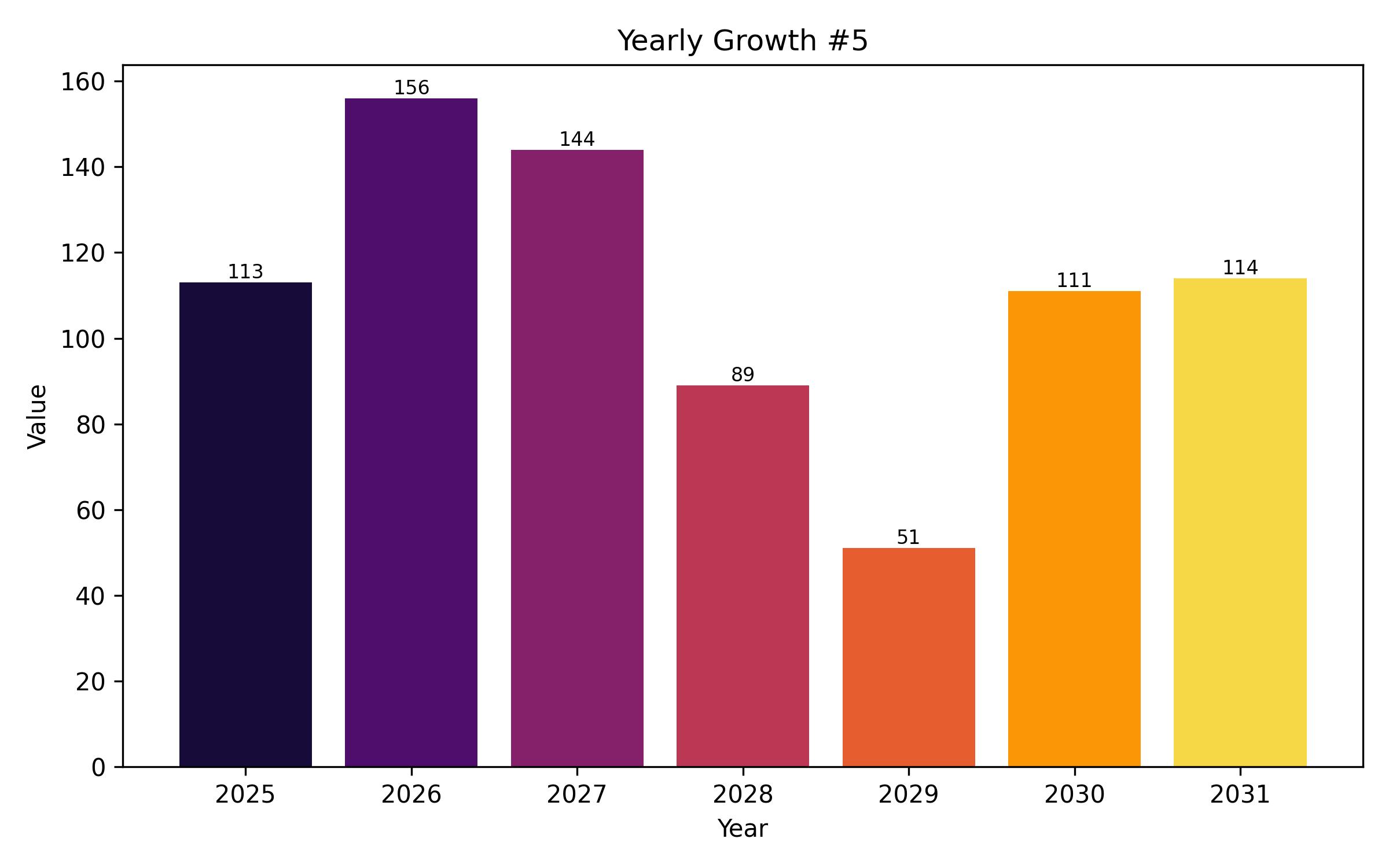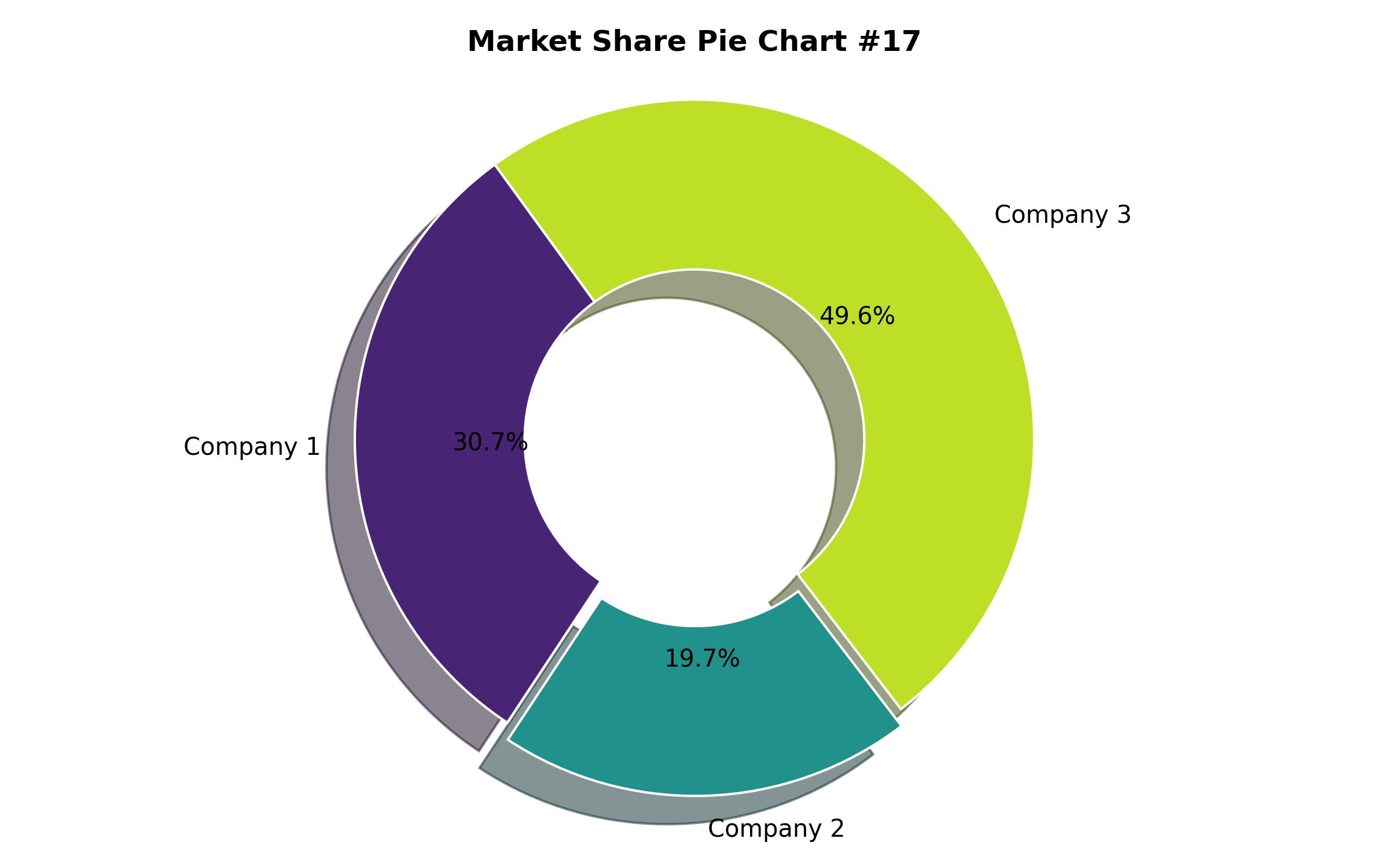Global Hydration Supplement Market Outlook by Format, Use Case, Distribution, and Other Areas Through 2035
Overview:
The worldwide hydration supplement sector presented revenues of USD 36.0 billion in 2024, with an anticipated value of USD 38.7 billion in 2025. Projections indicate continued expansion at a compound annual growth rate of 7.9% through 2035, forecasting a market size of USD 82.6 billion by the end of the period.
Market expansion is supported by growing consumer understanding of hydration’s importance for daily activity and health. Products range from tablets and powders to liquid forms, catering to diverse users including athletes, gym attendees, and office personnel needing hydration solutions on the go. Market momentum is also fueled by increasing rates of dehydration associated conditions and warmer conditions, particularly impacting older populations.
Consumers are increasingly looking for hydration products that incorporate electrolytes like sodium and potassium, essential vitamins such as C and B-complex, and beneficial plant extracts. Specific preferences favor natural sweeteners, reduced sugar formulas, and transparent labeling.
Furthermore, the concept of functional hydration is extending beyond sports, addressing needs in prenatal care, senior health, occupational performance, and recovery from hangovers.
North America currently holds a significant market share, driven by high participation in fitness activities and advanced wellness programs. The Asia Pacific region is expected to witness the most rapid growth, influenced by rising urbanization, shifts in environment, and increased interest in proactive health measures. Direct-to-consumer brands and online platforms are instrumental in raising awareness and improving access, especially in major cities across China, India, and Southeast Asia.
Key brands such as Unilever’s Liquid I.V., Nestlé Health Science’s Nuun Hydration, SOS Hydration, and DripDrop ORS are influencing the market through new product formats like single-serve sticks, focus on sustainable packaging, and linking products to social causes. They are also positioning hydration within a broader lifestyle context, connecting it to exercise recovery, energy, cognitive function, and immune support.
With the increasing alignment of hydration with personal wellness and targeted nutritional requirements, the market for hydration supplements is set for sustained growth over the subsequent ten years.

| Report Attribute | Details |
|---|---|
| Market Size in 2025 | USD 38.7 billion |
| Revenue Forecast for 2035 | USD 82.6 billion |
| Growth Rate (CAGR) | 7.9% from 2025 to 2035 |
| Base Year for Estimation | 2024 |
| Historical Data | 2020 – 2023 |
| Forecast Period | 2025 – 2035 |
| Quantitative Units | Revenue in USD million/billion and CAGR from 2025 to 2035 |
| Report Coverage | Revenue forecast, company market share, competitive landscape, growth factors, and trends |
| Covered Segments | Product Type, Application, Sales Channel, Key Ingredient, Region |
| Regional Scope | North America, Europe, Asia Pacific, Latin America, MEA |
| Country Scope | United States, Germany, China, India, United Kingdom, Canada, Mexico, France, Italy, Australia, South Korea, Brazil, Argentina, UAE, Saudi Arabia, South Africa |
| Key Companies Analyzed | Gatorade (PepsiCo), Powerade (The Coca-Cola Company), Nuun, GU Energy Labs, SOS Hydration, Liquid I.V., DripDrop, Tailwind Nutrition, Skratch Labs, Hammer Nutrition, Ultima Replenisher, Hydralyte, High5 Sports Nutrition, Precision Hydration, LyteLine |
| Customization Options | Free report customization (up to 8 analysts working days) with purchase. Changes to country, regional, and segment scope |
| Pricing and Purchase Options | Customizable purchase options for tailored research needs |

Report Coverage & Deliverables
- Market Trends And Dynamics
- Competitve Benchmarking
- Historical data and forecasts
- Value/Volume analysis
- Company revenue shares and key strategies
- Regional opportunities
This is an indicative segmentation. Please request a sample report to see detail segmentation of this market.
Detailed Market Segmentation
- By Product Type
- Electrolyte Tablets or Powders
- Ready-to-Drink (RTD) Beverages
- Gels and Chews
- Other Formats
- By Application
- Sports Nutrition
- Medical Rehydration
- Daily Wellness
- Child and Infant Hydration
- By Sales Channel
- Pharmacies
- Supermarkets and Hypermarkets
- Online Retail
- Specialty Stores
- By Key Ingredient
- Electrolytes (Sodium, Potassium, Magnesium)
- Vitamins (C, B-complex)
- Functional Botanicals
- Amino Acids
- By Region
- North America
- Europe
- Asia Pacific
- Latin America
- Middle East & Africa
Table of Content
- Executive Summary
- Market Overview
- Key Market Trends
- Drivers and Restraints
- Value Chain Analysis
- Market Analysis 2020 to 2024 and Forecast 2025 to 2035
- Market Analysis 2020 to 2024 and Forecast 2025 to 2035, By Product Type
- Electrolyte Tablets or Powders
- Ready-to-Drink (RTD) Beverages
- Gels and Chews
- Other Formats
- Market Analysis 2020 to 2024 and Forecast 2025 to 2035, By Application
- Sports Nutrition
- Medical Rehydration
- Daily Wellness
- Child and Infant Hydration
- Market Analysis 2020 to 2024 and Forecast 2025 to 2035, By Sales Channel
- Pharmacies
- Supermarkets and Hypermarkets
- Online Retail
- Specialty Stores
- Market Analysis 2020 to 2024 and Forecast 2025 to 2035, By Key Ingredient
- Electrolytes
- Vitamins
- Functional Botanicals
- Amino Acids
- Market Analysis 2020 to 2024 and Forecast 2025 to 2035, By Region
- North America
- Europe
- Asia Pacific
- Latin America
- Middle East & Africa
- North America Market Analysis 2020 to 2024 and Forecast 2025 to 2035
- Europe Market Analysis 2020 to 2024 and Forecast 2025 to 2035
- Asia Pacific Market Analysis 2020 to 2024 and Forecast 2025 to 2035
- Latin America Market Analysis 2020 to 2024 and Forecast 2025 to 2035
- Middle East & Africa Market Analysis 2020 to 2024 and Forecast 2025 to 2035
- Country-wise Analysis
- Competitive Landscape
- Company Profiles
- Research Methodology
- Assumptions and Acronyms
